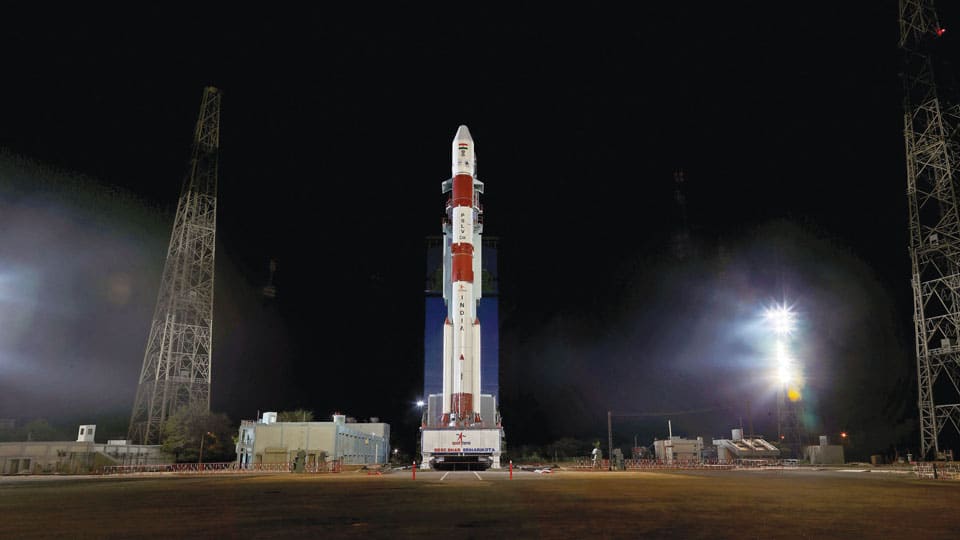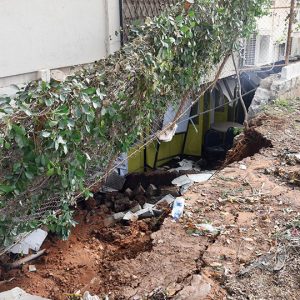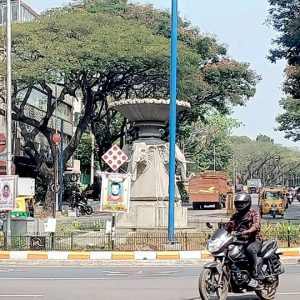New Delhi: There is a traffic jam in space and this has forced the Indian Space Research Organisation (ISRO) to postpone the launch of the Polar Satellite Launch Vehicle (PSLV) by two minutes.
Earlier, the PSLV-C60 that would launch the SpaDeX Mission or the Space Docking Experiment was to be launched at 9.58 pm, but now it has been pushed to 10 pm.
Dr. S. Somanath, Chairman of ISRO, attributed the delay to “conjunctions with other satellites in the same orbit.” This is not the first time ISRO has had to reschedule a launch due to space traffic and crowded flight paths.
Experts at ISRO identified interference from satellites in the Starlink constellation, owned by American billionaire Elon Musk’s SpaceX.
With nearly 7,000 Starlink satellites currently in low Earth orbit, this constellation is expected to expand to around 12,000.
Starlink provides global satellite-based broadband internet connectivity, further exacerbating the issue of space congestion.
In addition to satellite traffic, space debris poses a significant risk to operational missions. This problem is not new, as seen in 2023 when India postponed the Chandrayaan-3 mission for similar reasons.
The PSLV C-60 mission marks a historic collaboration with private entity Ananth Technologies, where the rocket and satellites were integrated and tested for the first time. At the Satish Dhawan Space Centre in Sriharikota, the rocket was assembled in a newly developed facility.
This innovative mission includes a Space Docking Experiment (SpaDeX), paving the way for future advancements such as Chandrayaan-4 and the development of the Bhartiya Antariksha Station.
Furthermore, the fourth stage of the PSLV has been transformed into an active, un-crewed space laboratory. This stage, re-purposed as the PS4-Orbital Experiment Module (POEM), will carry out 24 space experiments, including live biology experiments for the first time in India. From robotic tests to growing cowpea seeds and experimenting with green rocket fuel, POEM will serve as a hub for cutting-edge research.
ISRO’s bold step forward with SpaDeX aligns India with global space powers like Russia, the United States, and China, aiming to achieve a successful docking and undocking of satellites in orbit using indigenous.








Recent Comments